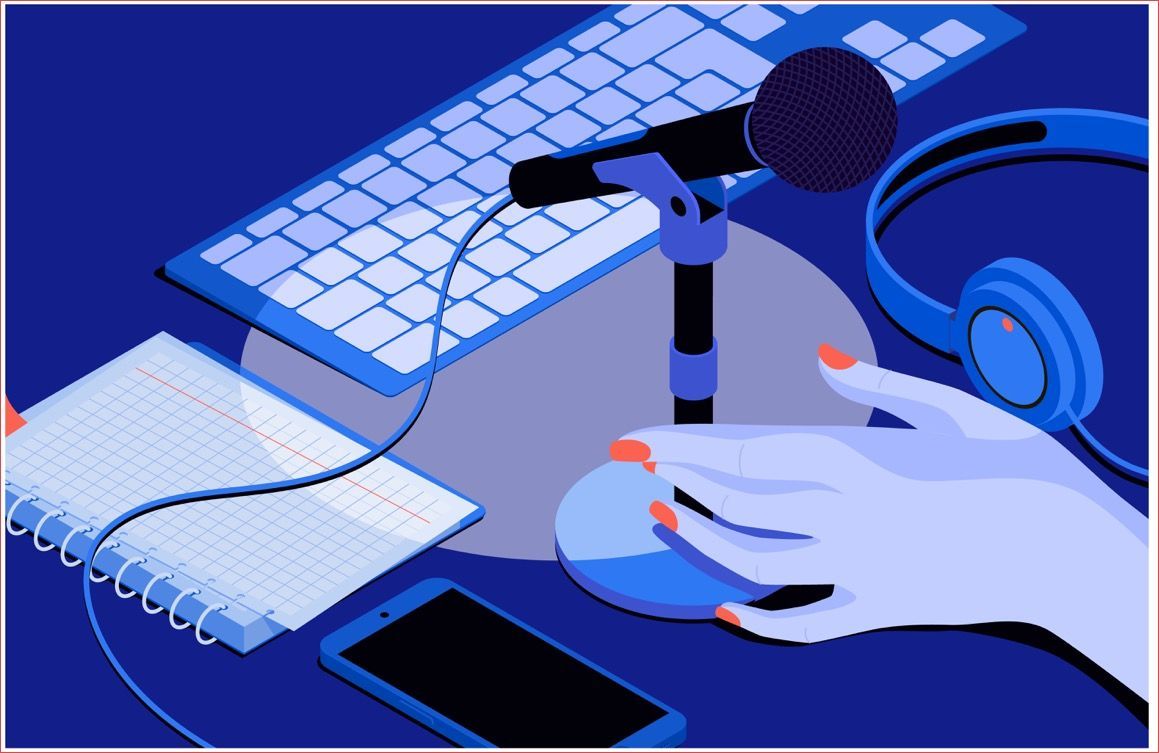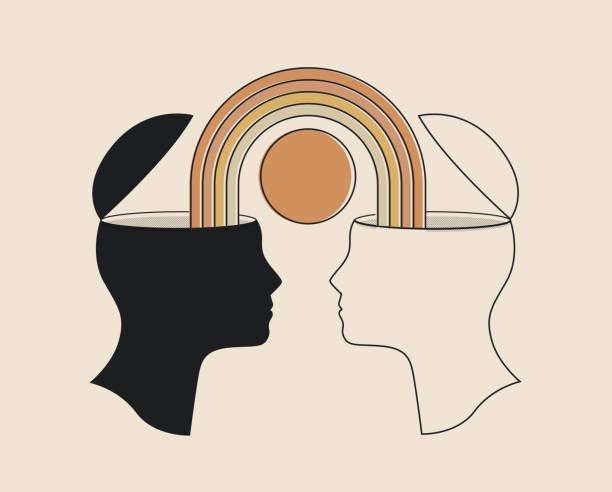Is Your IVR Tonedeaf?
Years ago, when I was first starting off in voiceover, I voiced a series of commercials for a chain of taco restaurants. I did a pretty respectable (so I thought) Spanish accent, and in every spot, my character made a dramatic flurry of an entrance to the sound of rattling castanets.
One of the other characters in on of the spots – upon hearing my castanets – uttered the line I’ll never forget:
“Hey Senorita – nice knockers!”
To which I replied – faking incomprehension – “Senor…?!”
He deadpanned: “Why, your castanets, of course.”
In the parking lot after the session, that other talent asked if I was offended by such a blatant and undisguised reference to breasts. I adopted a fake casualness, and lied and said: “Oh, NO. It’s totally fine.”
Even though it actually wasn’t.
It was more important – as a fresh, newbie talent – to swallow any personal distaste for the scripting and just do the job – after all, I had the job. After all: ad agency people know way more about this kind of thing than I do.
If that had happened now, there’s no question that I would have the wherewithal to voice my objection, and not even to cloak it under the premise of “listeners are going to have a problem with this…” I can directly voice any issues I might have with the material and not fear losing my job. That kind of copy likely wouldn’t have even made it out of the writer’s room today.
(Also, it needs to be pointed out: if that spot had been produced today, there’s little question in my mind that I would not have even been hired to do a Spanish accent if it wasn’t native to me. What I offered was a cliché of a Spanish stereotype – and that was fine back in the day. Same with the quasi-Jamaican accent I did for a tanning salon spot. It’s the equivalent of audio blackface and we’re now very careful about not perpetuating tropes or appropriating someone else’s culture.)
None of that would fly today.
Lots has changed with awareness – some might say we’ve gone overboard with correctness and over-inclusivity -- but I’m amazed at how many times I’ve read IVRs which are still stuck in another era.
From the insurance companies whose options and offerings presume that every caller is partnered off (they’re not) and partnered off in a traditional hetero-normal relationship (again: they’re not) to banking IVRs very clearly geared towards the affluent (a majority of banking customers battle with the feeling that they don’t “belong” in the investment arena) – there are things that IVRs do which are blatantly exclusive and subliminally eliminate some customers.
There are also moments of full-on racism that I’ve encountered: I had someone write in their IVR: “unlike other call centers, when you call into our company, you won’t hear people <insert East Indian accent> “who talk like this….” Blatantly derogative, insulting, and I refused to do it.
It’s also problematic when a client writes anything in a system which points to a religious affiliation (especially when it has no relevance with the company’s core offerings) – forcing me to say “God Bless” in an IVR strikes me a presumptuous, inappropriate, and imposing a belief on others. (Why not throw in “shalom”? “A salaam alaikum”?)
In an IVR, call center, or on-hold environment, I entreat clients to think about assumptions they may be making, ways in which they are putting up barriers, and even watching money walk out the door by unconsciously cutting out entire types of customers by presuming that we all live the same lifestyles or carry the same beliefs. It’s best to remain neutral – politically, religiously, and sociologically – and think about assumption your may be making in your scripting which inadvertently shuts out potential customers.
It benefits all of us as a whole if we think about ways to make all callers feel comfortable doing business with us, that we’re speaking directly to them, and that they inherently – and ultimately --*belong*.











